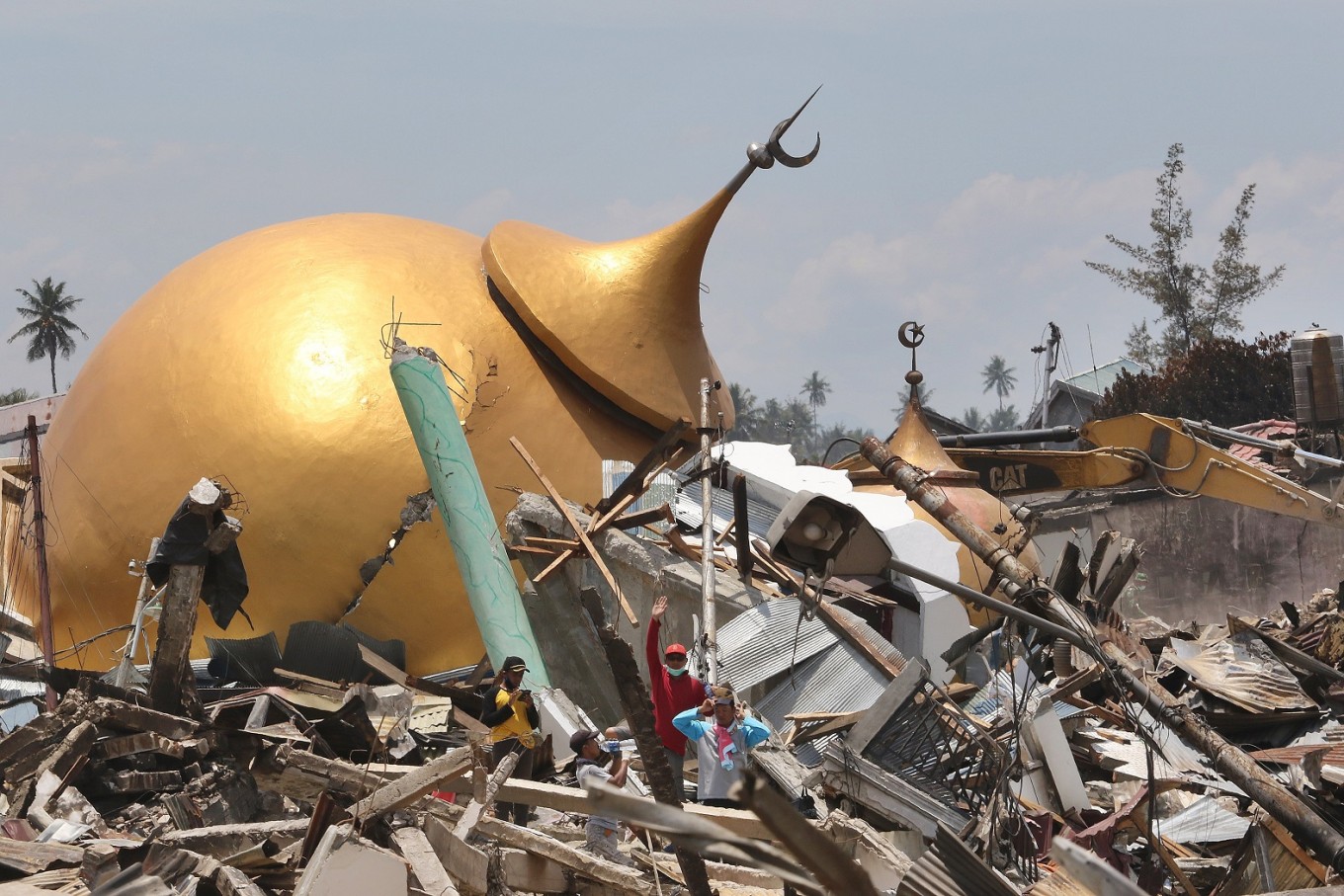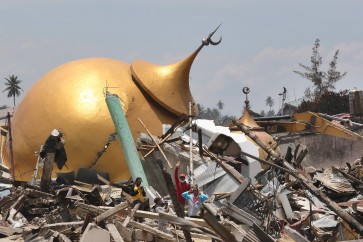Popular Reads
Top Results
Can't find what you're looking for?
View all search resultsPopular Reads
Top Results
Can't find what you're looking for?
View all search resultsIndonesia awash with disinformation following disasters
Change text size
Gift Premium Articles
to Anyone
A
s natural disasters continue to affect the lives of Indonesians, the importance of equipping them and the responding agencies with tools to navigate the increasingly complex digital climate is more crucial now than ever.
When an earthquake hits, most people run or hide, but for 70-year-old Bada this was not part of his plan.
Despite having the time, transportation and warning to flee, Bada resolved to stay in Palu, Central Sulawesi, rather than fleeing from the impending tsunami and pitched a tent in front of his shop house before sustaining serious injuries.
He like many others stayed behind on the basis of local beliefs, reinforced by social media messages after the quake, that natural disasters are punishments by God.
In the aftermath of the September 2018 earthquake and tsunami that killed almost 4,000 and demolished homes, Palu was awash with disinformation.
Many Palu residents turned to social media to determine how to respond to danger, but found fatalistic local folktales and perceptions about predetermined divine intervention.
Responses to natural disasters are being complicated by Indonesians’ increasing reliance on social media and their lack of proficiency in critically assessing the content.



















